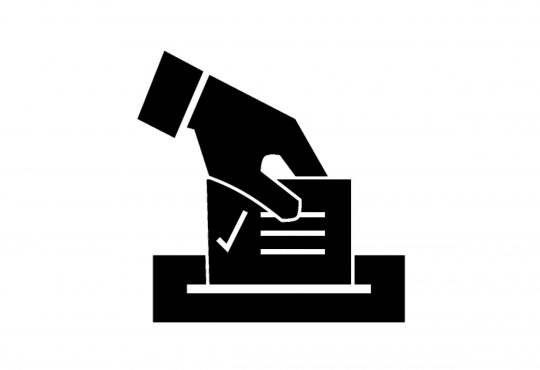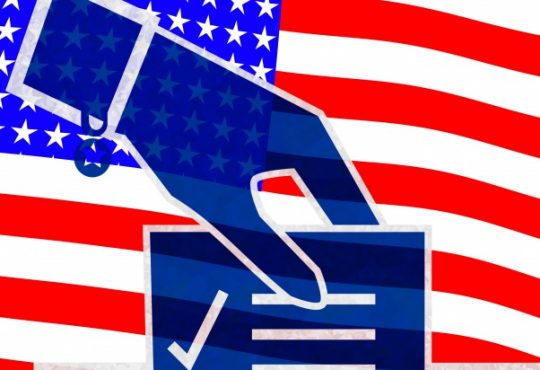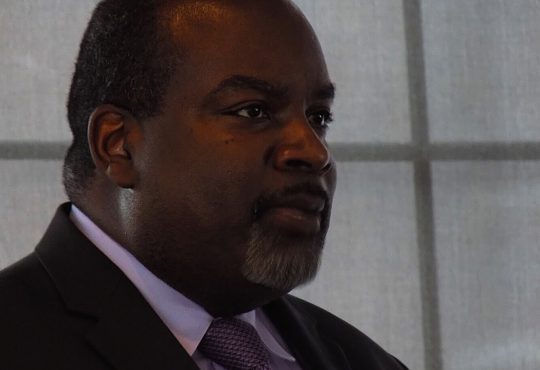The bipartisan system does not work.
Dealing with this problem is where Americans Elect, a non-partisan, national, online primary comes in. Unfortunately, there are still flaws in the system.
Our present “Democrat or Republican: Circle One” system defies every democratic ideal. Political views in a country as large and diverse as the United States cannot be whittled down into one of two categories.
It is rare for people to completely and whole-heartedly believe in exactly what “their candidate” proposes, but rather common to disagree more strongly with enough of the opposing candidate’s viewpoints to accept the flaws and trumpet the greatness of their party’s candidate regardless of his or her imperfections.
It is not just the social aspect of this polarized system that keeps it embedded in U.S. politics. It is also in part financial. Because these two parties have been around for so long, they have an unbelievable amount of financial resources at their disposal.
According to Opensecrets.org, the Democratic Party has nearly $300 million at their disposal for the 2012 elections. The Republicans are close behind with over $250 million. Third parties, like Libertarian Gary Johnson have no hope of competing financially.
This is where Americans Elect comes in. The movement is defined by its slogan, “Pick a president; not a party.” The website encourages visitors to define their political position not on a line from left to right, but rather a sort of scale. Visitors rank the importance of each issue and based on these predilections, candidates with similar priorities are presented. Each candidate has a full bio on the “big ticket” issues, such as energy, healthcare and the economy.
Americans Elect is a national online primary. This means that states like Iowa, New Hampshire and South Carolina, whose primaries allow them to vote months before the rest of the country (effectively giving their voices a disproportionate amount of weight) have only limited influence on the outcome.
Additionally, Americans Elect finalists have to choose a vice president from a party other than their own. Before the election, the results that Americans Elect collects will be put forward and the candidate with the most votes will be added to the ballot under a third party.
However, this system contains a few flaws. The first and perhaps biggest issue is that the ranking system which helps them gather data on the issues only asks how much an issue means to you, not how you think it would best be fixed. In essence, you may agree with Ron Paul that the economy needs a lot of attention but disagree on the best way to fix it.
You can still vote for a different candidate based on his or her bio, but your weight may still skew the results in favor of other candidates with a different opinion.
Moreover, in the end it still comes down to one candidate.
The final stage of the process, the end product is still filtered down into a single person who may or may not have anything in common with your opinions. People should have the opportunity to have their opinion matter in the political sphere.
Instead, the country polarizes the process to the point where democracy is essentially obliterated in the face of two parties. Americans Elect is a great start towards finding a solution, but its rough patches need to be streamlined to comprehensively address the problem of a polarized American polity.




